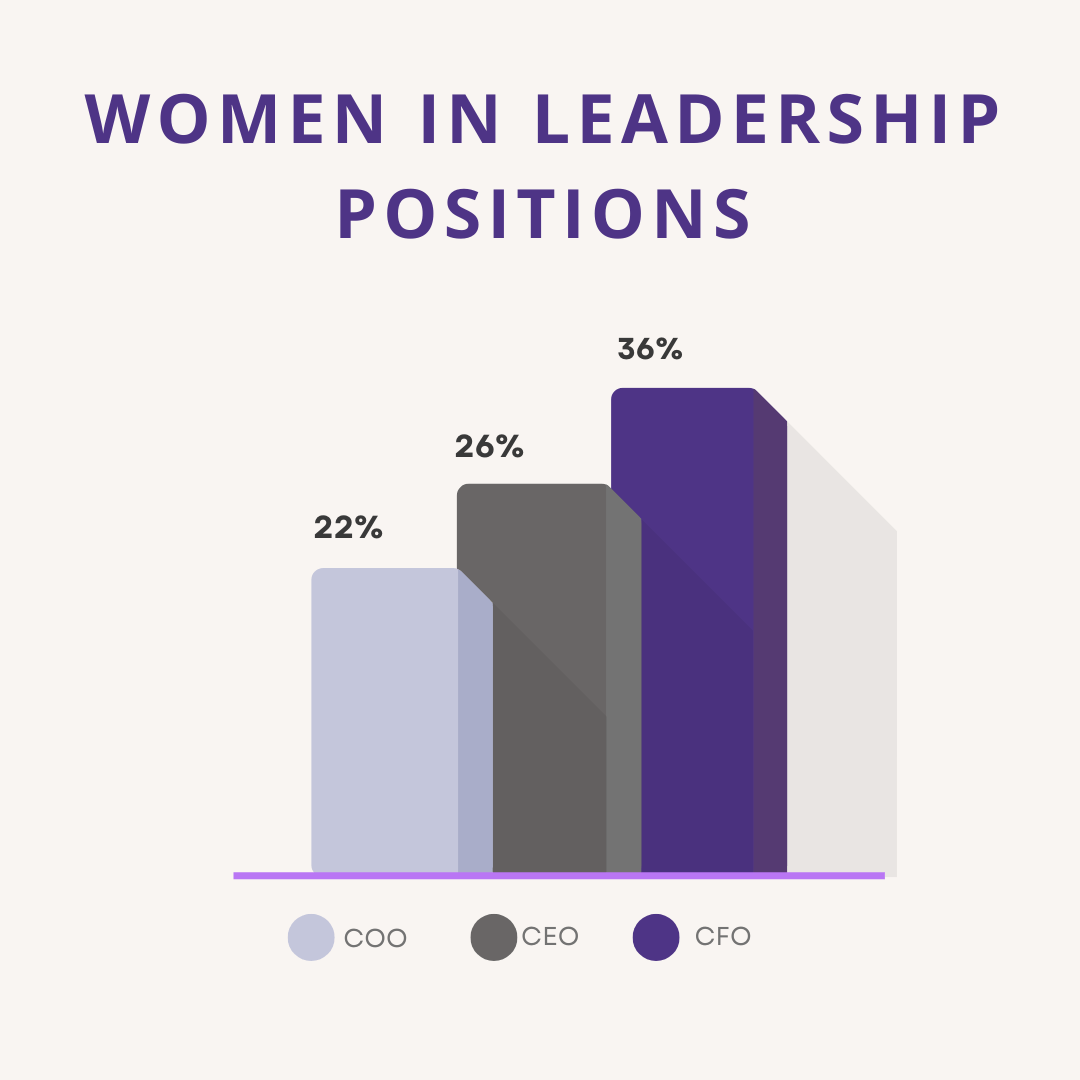Client Advice
Is your workplace truly equal? Exploring gender equality in 2023
Get ready to celebrate International Women’s Day on 8th March 2023 with the theme of “DigitALL: Innovation and technology for gender equality”.
This theme aligns with the priority theme for the upcoming 67th Session of the Commission on the Status of Women (CSW-67), which focuses on innovation and technological change for achieving gender equality and empowering women and girls.
While progress has been made, there is still much work to be done to address gender inequality in the workplace. The latest Grant Thornton report indicates that the percentage of women occupying senior leadership roles in mid-market businesses worldwide has reached 31%. The report also highlights that there is a higher representation of women in various operational C-suite positions than the previous year. The proportion of female CEOs has risen by 6 percentage points to 26%, female CFOs have increased by 6 percentage points to 36%, and female COOs have risen by 4 percentage points to 22%.

One powerful way to promote gender equality is by fostering a culture of inclusion that empowers underrepresented talent and encourages diverse perspectives. Companies can also use technology, such as automation tools, to automate repetitive tasks and free up employees to focus on more valuable work.
However, achieving gender equality in the workplace goes beyond technology. Companies must take intentional action to eliminate implicit biases and promote diversity throughout the hiring process. An internal survey found that future talent is looking for emotional support, enhanced recruitment processes that promote equality, and flexible work models. By prioritizing these needs and diversifying interview panels, companies can show their commitment to creating a culture of diversity and inclusion.
Another crucial step towards gender equality in the workplace is addressing the persistent issue of unequal pay. As per the Global Gender Gap Report of the World Economic Forum, the estimated time required to eliminate the worldwide gender gap has increased from 99.5 years (pre-pandemic) to 135 years. Companies can do their part by conducting regular pay audits and implementing pay equity policies.
It's not enough to simply embrace equity. Companies must champion it by creating inclusive workplaces that empower all employees. By using technology, addressing pay inequality, and promoting diversity throughout the hiring process, companies can make meaningful progress towards gender equality in the workplace. Join us in celebrating International Women’s Day and taking action towards a more equitable future!
Recent Posts
- Why 2026 Will Be the Year of “Selective Careers,” Not Job Hopping By Antal International
- What FCA Scrutiny Is Doing to Hiring Decisions in UK Banks By Imo Etuk
- January Reset: What the First Days of 2026 Reveal About the Job Market By Antal International
- Why UK Banks Struggle to Hire Heads of Compliance and MLROs By Imo Etuk

